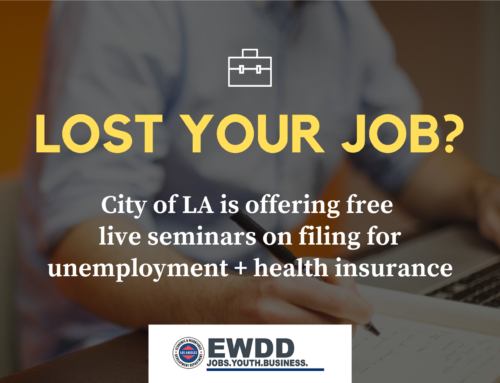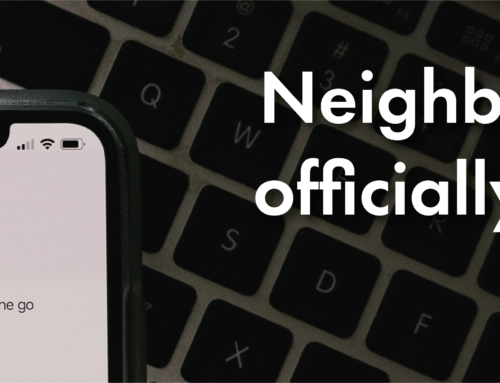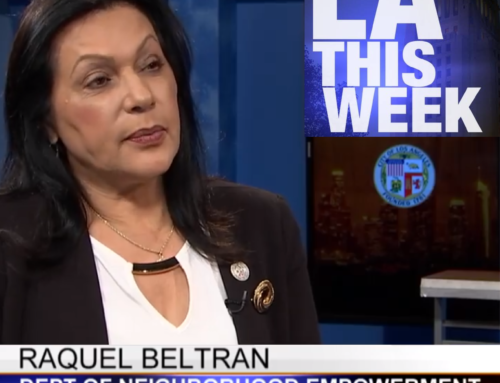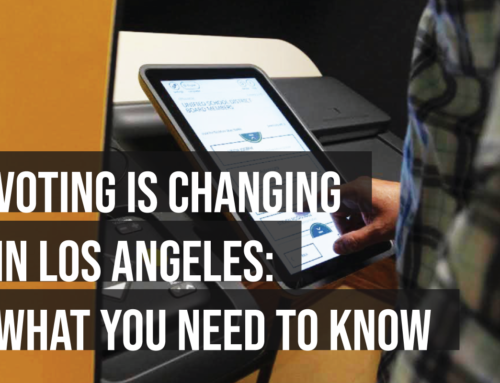(Los Angeles, July 11, 2019) LA County’s 12th confirmed case of measles this year has just been detected. Learn tips for protecting yourself and loved ones from this highly contagious disease, before you head out for summer travels or go back to school!
Possible exposure site: UCLA’s South Campus food court in early July
The main food court on UCLA’s South Campus – the Court of Sciences Student Center, aka the “Bombshelter” – has been named as an area of possible measles exposure by the LA County Department of Public Health. The food court is located on the UCLA Westwood campus at 617 Charles E. Young Drive 90095.
Anyone who was at this food court on either July 2nd or 3rd, between the hours of 9 – 11:30am is urged to call their doctor ASAP – even if you don’t feel sick. Tell them you may have been exposed to the measles, and ask them what to do next. Even if you think you’ve been vaccinated, or don’t show any symptoms right now, it is still very important that you check with your doctor, if you were at that food court during the stated times. This is because it can take up to 21 days for measles to develop after an exposure. You are not in the clear until 3 full weeks have passed after being exposed, without developing symptoms.
What to do if you think you might have the measles or were exposed to it
If you think you or your family has been exposed to measles, it’s important that you phone your doctor right away to ask if you’ve been vaccinated, if you’re not sure – or to make an appointment to talk about next steps, if you know you haven’t been immunized. It’s important to call first, rather than just stopping by your doctor’s office unannounced. Why? Because measles is so contagious that 9 of 10 unvaccinated people become infected if they are near someone who has it. Your healthcare provider’s office needs to take preventative steps before you come in, to minimize the risk of exposing their staff or other patients to this highly communicable disease.
How does measles spread & what are the symptoms?
Measles can be spread with a cough or sneeze. It is so contagious that someone who enters a room two hours after an infected person leaves is still at significant risk for contamination. Common symptoms include a rash that starts on the forehead and face and spreads to the rest of the body; red watery eyes; runny nose; coughing and sneezing; and a high fever. People who have measles are contagious 4 days before – and 4 days after – the red rash appears. As noted above, the incubation period for the disease – the time it takes to show symptoms – can last up to 21 days from the initial exposure.
What’s the best treatment for measles?
Since measles is caused by a virus, prevention is the most effective course of action to take against it. Get the vaccine for yourself and for your family. Most children who have had routine childhood vaccinations got a two-part measles series as part of that process – once as a baby, and again around kindergarten age – but if you’re not sure if you or your loved ones have been vaccinated, ask your doctor’s office to check your records.
Where can you get vaccinated?
Many healthcare providers and pharmacies provide measles immunizations. No or low-cost measles vaccines are also available at Public Health clinics such as the ones on this list: http://www.publichealth.lacounty.gov/chs/phcenters.htm
Learn more
Visit the LA County Department of Public Health to learn more about measles risks and symptoms, and the 2019 local measles outbreak: http://publichealth.lacounty.gov/media/measles/





